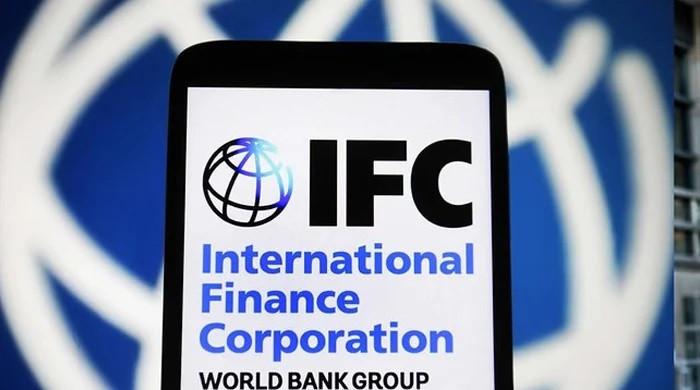World Bank Arm to Provide $300 Million for Reko Diq Mining Project
- World Bank’s backing kicks off funding drive for copper-gold mine.
- Top official eyes early Q3 for term sheets as $1.5bn talks progress.
- Mine to generate $70bn free cash flow, first copper output due in 2028.
The International Finance Corporation (IFC), the World Bank’s private investment arm, has announced it will provide $300 million in debt financing for Pakistan’s Reko Diq copper-gold mining project, according to a disclosure by the lender.
Located in Balochistan province’s Chagai District, the Reko Diq mine is considered among the world’s largest underdeveloped copper-gold areas. Its development is anticipated to significantly boost Pakistan’s economy.
Barrick Gold holds a 50% stake in the Reko Diq mine, with the governments of Pakistan and Balochistan owning the remaining 50%.
Tim Cribb, the mine’s Project Director, stated on Tuesday to Reuters that Barrick Gold intends to secure over $2 billion in financing from international lenders for the Reko Diq project, with term sheets expected to be signed by early in the third quarter.
During an interview at the Pakistan Minerals Investment Forum 2025 with Reuters, Cribb mentioned the mine is seeking $650 million from the International Finance Corporation and International Development Association.
Cribb added that the funding would support the mine’s development and is projected to generate $70 billion in free cash flow and $90 billion in operating cash flow.
Barrick Gold, along with the Pakistani and Balochistan governments, jointly own the project.
Discussions are ongoing with various lenders regarding the financing for phase one of the project, which is slated to commence production in 2028.
The Reko Diq project director also noted that the mine is in discussions with the US Export-Import Bank for $500 million to $1 billion in financing, and with development finance institutions, including the Asian Development Bank, Export Development Canada, and Japan Bank for International Cooperation, for $500 million.
He stated that railway financing talks are in progress with the IFC and other lenders, with infrastructure costs estimated between $500-800 million, and an initial cost of approximately $350 million.
A recent feasibility study has broadened the project’s scope, increasing phase one throughput to 45 million tons per annum from 40 million, and phase two throughput to 90 million tons per annum from 80 million.
Due to the increased throughput, the mine life has been revised from 42 years to 37 years. However, the company believes that unaccounted-for minerals could potentially extend the life to 80 years. The cost of phase one has also been adjusted upwards to $5.6 billion from $4 billion.
The World Bank has plans to invest $2 billion annually in Pakistan’s infrastructure over the next decade.
The project, which faced delays due to a prolonged dispute resolved in 2022, is now expected to begin production by the end of 2028. In its initial phase, it will produce 200,000 tons of copper per year, with an estimated cost of $5.5 billion. The completion of the first phase is anticipated by 2029.



Comments (0)
No comments yet. Be the first to comment!
Leave a Comment